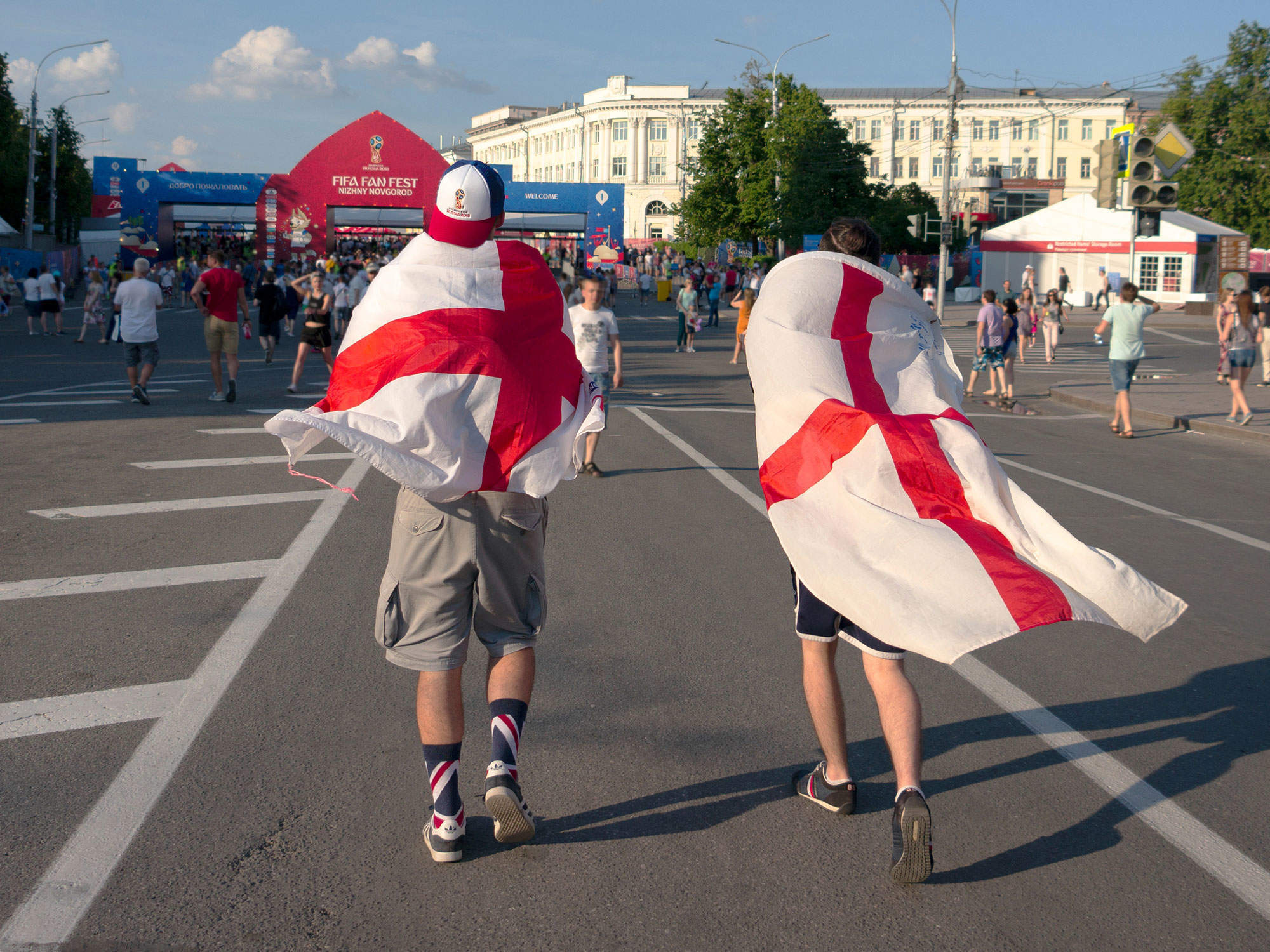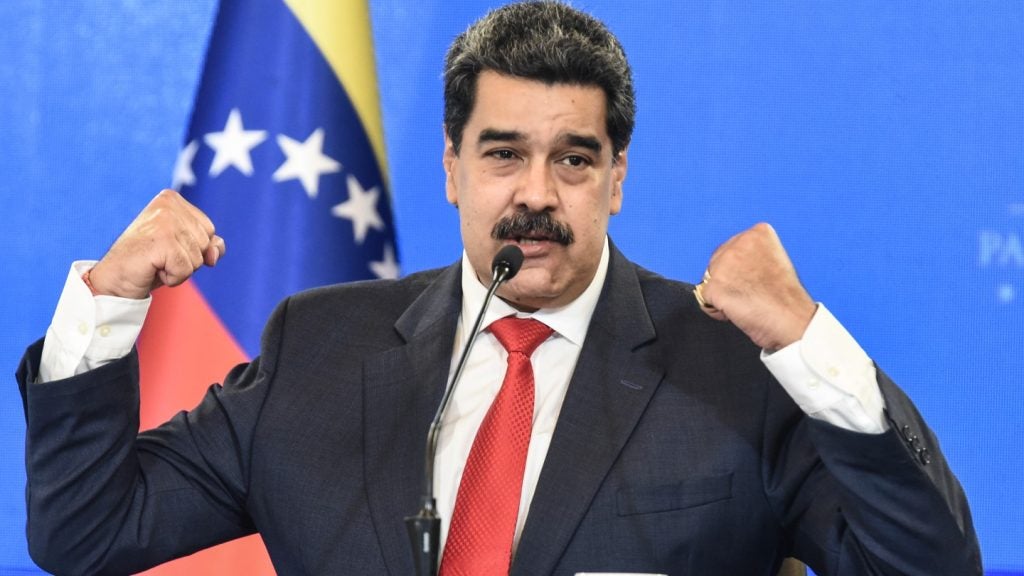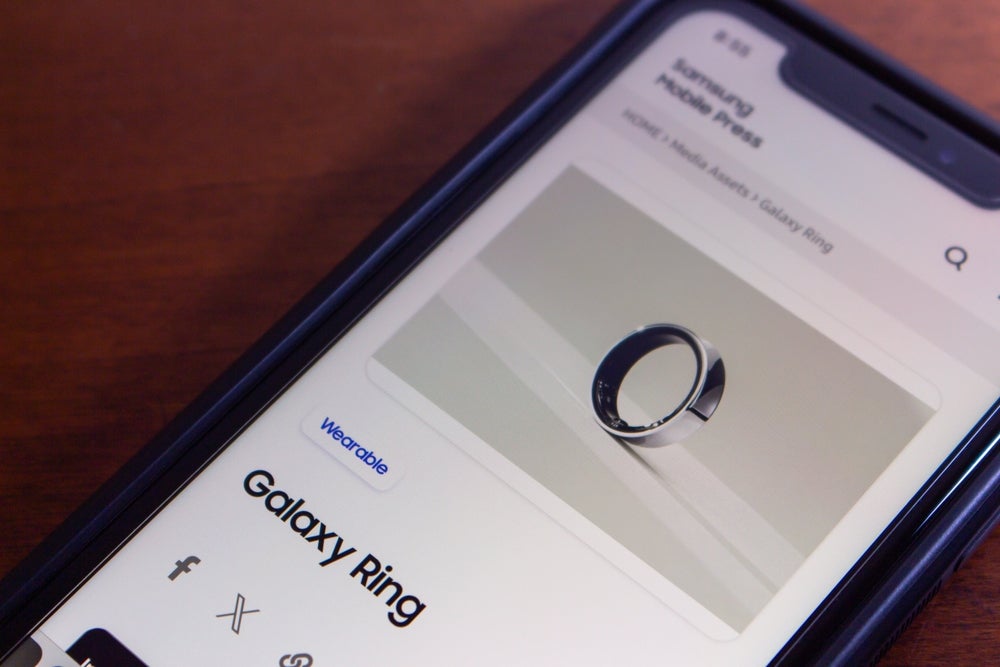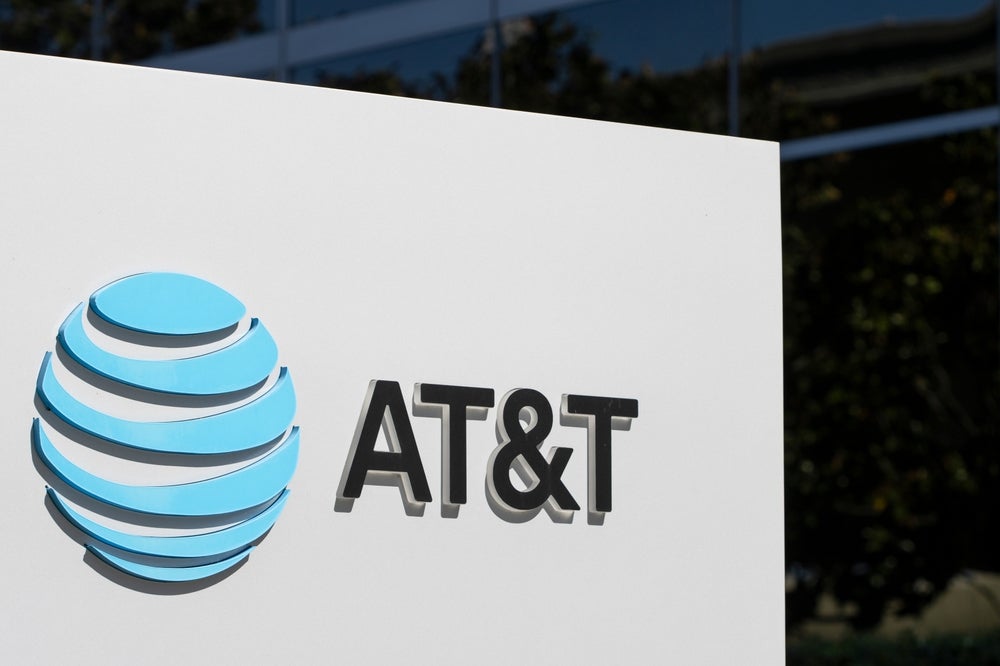
We’re in the midst of Brexit turmoil at levels not seen since the departure of David Cameron, and there is growing talk of a no-confidence vote. But while the situation seems to be ready to kick off at any moment, in reality the Conservatives may decide to take a page out of football-political history by holding off until after the World Cup final.
The year was 1996, and England looked in the best position to win the European Football Championship in years. Battling on home turf, there was a sense of positivity that has not been since matched – that is, until this World Cup.
But while the country was seeing building excitement, and were introduced to legendary Football anthem Three Lions in the process, the Conservative party were seeing a way to capitalise on the event.
When the Conservatives delayed an election over a football match
May of 1996, a month before Euro 96, was when most pundits had assumed the next general election would take place, four years after the last in 1992.
At the time, the maximum term a party could hold was five years, although they could call an election any time during this period. It was conventional to hold one every four, as holding on for five years was considered very risky. If a crisis happened in year five, the party couldn’t hold off until it had blown over.
However, the Conservatives under John Major had an issue. The young upstart Tony Blair and his New Labour campaign were looking increasingly threatening, riding on a wave of cool Britannia.
How well do you really know your competitors?
Access the most comprehensive Company Profiles on the market, powered by GlobalData. Save hours of research. Gain competitive edge.

Thank you!
Your download email will arrive shortly
Not ready to buy yet? Download a free sample
We are confident about the unique quality of our Company Profiles. However, we want you to make the most beneficial decision for your business, so we offer a free sample that you can download by submitting the below form
By GlobalDataMajor’s prospects were not looking good, and the Conservatives were scrambling to find a way to turn the tables. They found it, or at least they thought they did, in the Euros. With England tipped to win the tournament, the feeling was that the country would be engulfed in a sense of goodwill that would carry through to the following year. And if there was an election in the wave of positivity, the incumbent party would be well placed to take the prize.
Of course England did not win the Euros and the delay proved to be a futile attempt to stem the flow of support behind New Labour. Blair took office, and remained there for another ten years.
But the principle remains: if the public is feeling good about their country, they are more likely to vote for the current government, so how could this impact a no-confidence vote?
A no-confidence vote in the wake of Brexit turmoil
There have been growing calls for a vote of no-confidence in Theresa May, particularly from the ardently pro-Brexit camp, who feel that the plan agreed at Chequers on Friday is too soft to truly be Brexit.
Officially known as a motion of no confidence, this would be a formal motion in the House of Commons, which would be worded as “This House has no confidence in HM Government”.
This motion can only be brought to the Commons if 15% of Conservative MPs – 48 in total – opted to write to Graham Brady calling for a no-confidence vote. He is the chairman of the 1922 Committee, a group of Conservative MPs which oversees leadership elections for the party.
If enough do, then all Conservative MPs would be required to vote. If over half – 159 – vote to support Theresa May, she will stay in power. But if it’s fewer, a leadership contest would be triggered.
But this is where it gets very risky: if the Conservatives aren’t able to agree on a leader within 14 days, Parliament is dissolved and the British public is faced with another General Election.
As a result, there are usually significant manoeuvrings behind the scenes to ensure that one person rises triumphant to take the reins without significant opposition. However, with so many factions and chaos – fuelled by the Brexit turmoil – within the party, this is by no means guaranteed.
Delaying a no-confidence vote until after the World Cup could mitigate the Brexit turmoil
With so much Brexit turmoil afflicting the party, a no-confidence vote at present would be a very chaotic choice, with the very real chance that it could lead to a General Election.
And with Jeremy Corbyn’s party avoiding being smeared by the madness, they may be able to translate a failed Conservative leadership election into a successful electoral win.
Which is where the World Cup comes in. If England is able to get to the final, or even win – which remains a big if for now – the public mood would be extremely positive. This would give the incumbent Conservatives a better chance of success, even with all of the chaos surrounding Brexit.
As a result, it would act as a kind of political safety net, allowing the party to proceed with a no-confidence vote without worrying about back-stabbing major players dropping the party off a cliff.
The final is less than a week away, so delaying is possible. But given the pace of change in the Tory party since the latest round of Brexit turmoil, it may prove a very long time to wait.







